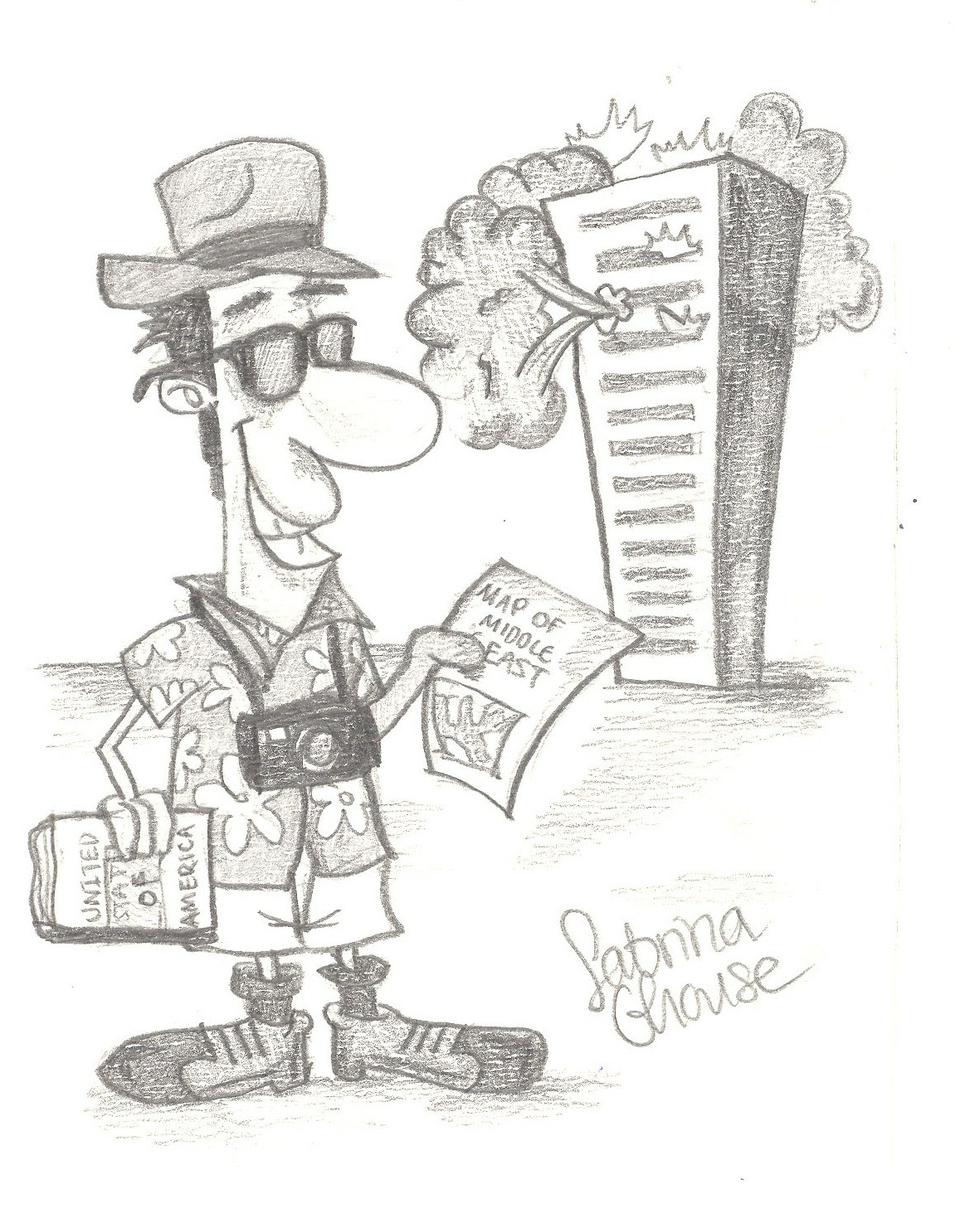
News
Summers Will Not Finish Semester of Teaching as Harvard Investigates Epstein Ties

News
Harvard College Students Report Favoring Divestment from Israel in HUA Survey

News
‘He Should Resign’: Harvard Undergrads Take Hard Line Against Summers Over Epstein Scandal

News
Harvard To Launch New Investigation Into Epstein’s Ties to Summers, Other University Affiliates

News
Harvard Students To Vote on Divestment From Israel in Inaugural HUA Election Survey
Ten Years Later
Why American leaders have not learned from the Iraq War debacle

My little sister was three days old when the first bombs fell on Baghdad. Today, she’s two weeks from her tenth birthday, but the American military only withdrew from Iraq three months ago and continues the war in Afghanistan.
By the time U.S. troops withdraw from Afghanistan, children old enough to be in high school will have never known a day when their country was not at war. On the other side of the world, a whole generation of Afghani and Iraqi children, by sheer accident of birth, cannot forget a scarred legacy—of the relentless explosions around them, the menacing whine of deadly jets above them, and the graves of their loved ones below them.
These long-lasting miseries are the casualties unaccounted for in official body counts. Living through 9/11 and its aftermath as a seven-year-old Muslim boy in New York City gave me a glimpse into the sorrows so sadly routine in less fortunate parts of the world. Like the billowing smoke I could see rising from Manhattan, an epidemic of grief quickly perforated the thoughts of my city and my country. In rash decisions to commit violence or to wage war, too little gravity is given to incalculably severe human costs.
But this is not an apology for pacifism. I am not opposed to all war—I am only opposed to pointless wars.
Yet the near decade-long occupation of Iraq—after a rushed decision made on the basis of cherry picked intelligence later proven to be spurious, before United Nations inspectors could thoroughly investigate alleged stockpiles of weapons of mass destruction—is not the only pointless war waged by our feckless leaders.
Consider Congress, that dysfunctional, dyspeptic body only capable of trundling from one manufactured crisis to another. In the needless, melodramatic wars waged by grandstanding, self-indulgent officials, the inevitable casualty is the well being of the young, the minorities, and the poor—in short, the unconnected.
Our predilection for pointless wars disenchants both our citizens and the citizens of the world. Americans see our soldiers, some grievously wounded, others killed, and many disturbingly abandoned, fighting a war in Iraq founded on false premises. Americans also see our politicians, captured by lobbyists and special interests, whose deification of ideological purity and delusional conflation of obstinacy with martyrdom constitute a dereliction of duty to the American people.
More pernicious than this inflated belligerence—and perhaps the only issue with unwavering bipartisan support—is the collective refusal to learn from or even acknowledge the dire consequences of our unnecessary wars.
Many of the most vocal supporters of the invasion of Iraq still loudly preach that their decision was not only vital but also beneficial. John R. Bolton, former U.S. ambassador to the U.N. during the Bush administration, continues to fear monger by disingenuously declaring that American withdrawal from Iraq “is a tragic mistake” and “heralds a world of instability.”
James Fallows, a national correspondent for The Atlantic, rightly points out the noxious persistence of prominent demagogues like Donald H. Rumsfeld, noting that “after Iraq, there has been a weird amnesty and amnesia about people's misjudgment on the most consequential decision of our times.”
Claiming that the world is a better place since the removal of Saddam Hussein, perhaps the only original justification for the war that has not been thoroughly debunked, ignores the realities of more than 110,000 civilian deaths, a resulting power vacuum that enabled an increase in Iranian influence, and the grim precedent set by defying the international community to fight an unnecessary offensive war.
Moreover, the American stance toward totalitarianism, dictatorship, and human rights abuses is capricious and hypocritical at best. It would explain the lukewarm reception to certain populist democratic movements like the Arab Spring and the close trade relations with known human rights violators like China and Saudi Arabia. America props up unscrupulous and ruthless dictators when expedient, like the Shah of Iran, General Pinochet of Chile, and countless others, but somehow proclaims itself as a beacon of liberty and democracy to the rest of the world.
More than 4,000 American soldiers lost their lives fighting a war for little reason: alleged Iraqi ties with Al-Qaeda were fictive and weapons of mass destruction are nowhere to be found. To some, such a statement may seem unpatriotic for somehow dismissing the sacrifice of soldiers. But the truest patriotism and highest regard for our soldiers is not found in lip service, but instead in the prevention of the needless sacrifice and sorrow in the first place.
In Iraq, hundreds of children must live as orphans because of an impetuous judgment made a decade ago—in America, hundreds of children will now have to go without baby formula because of the self-inflicted sequestration enacted only a week ago.
Unless curtailed, our insatiable penchant for unnecessary wars will only continue to dole out damage.
Idrees Kahloon ’16 is a Crimson editorial writer in Weld Hall. His column appears on alternate Wednesdays.
Want to keep up with breaking news? Subscribe to our email newsletter.
